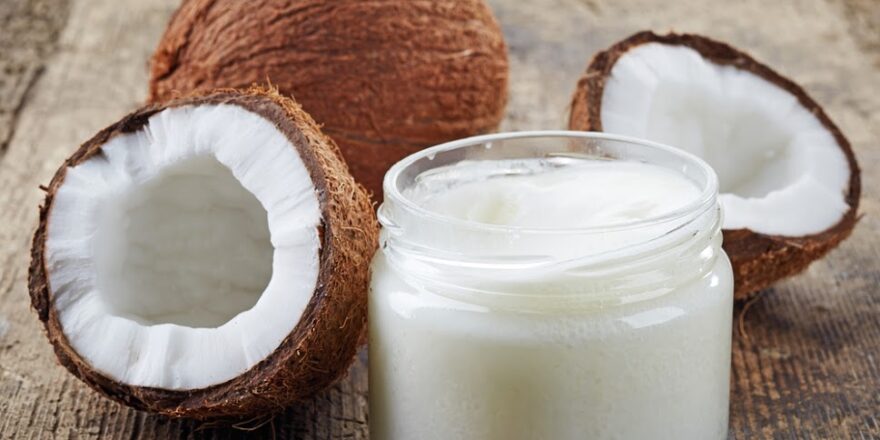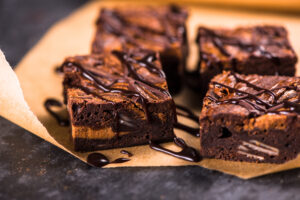
Humans are supposed to eat around 1,600 – 2,400 calories per day, every day, no matter what. Rather than choosing between starving and shelling out way too much money on takeout and expensive groceries, our team decided to spend a couple of hours wandering through the aisles of Costco finding the lowest cost per calorie foods (ranked by cost per 2,000 calories).
If you want the full spreadsheet you can access it here. If you just want the quick version, read on…
1. Lard: $0.35 per 2,000 calories
Mmmmm, pig fat.
According to Wikipedia, lard is a “semi-soft white fat with a high saturated fatty acid content”. Probably doesn’t taste great by the spoonful, but you could use it in fried rice or eat it with crackers?
2. White rice – $0.41 per 2,000 calories
No surprises here – rice is a staple in both the developing and developed world. Buy a 50 lb bag and feast for years.
3. Granulated sugar – $0.56 per 2,000 calories
Perhaps not the healthiest option…
4. Canola oil – $0.67 per 2,000 calories
Canola oil is made from a descendant of rapeseed, which was selectively bred to get rid of toxic and bitter elements. It’s cheap and commonly marketed as a “heart-healthy” oil high in omega-3, so you’ll find it in everything: mayonnaise, salad dressing, margarine, and all manner of store-bought goodies.
It’s debatable whether canola oil is healthy or actually terrible for you. It’s high in polyunsaturated fats (“PUFAs”, e.g. omega-6 and omega-3), which are unstable and sensitive to heat. During processing canola oil is exposed to high heat, which oxidizes these fats and essentially makes some of the oil turn rancid. But don’t worry, you won’t notice – the oil is deodorized during processing.
Here’s more on the debate if you’re interested. For what it’s worth, we tend to opt for slightly more expensive but potentially healthier alternatives like olive and coconut oil. Read on!
5. Coconut oil – $1.01 per 2,000 calories
Doesn’t that just look delicious?
Coconut oil contains lots of saturated fat – but luckily for the Paleo people out there, there is some evidence that saturated fat might not be as bad as people think. Also, saturated fat is relatively stable at high heat, making coconut oil a good option for high-heat cooking.
6. Pancake mix – $1.06 per 2,000 calories
Pancake + toppings = endless possibilities. Hungry yet?
7. Peanut butter – $1.25 per 2,000 calories
Strangely, in some stores peanut butter is actually cheaper than an equivalent mass of shelled peanuts. We’re not exactly sure why; we have some theories but let us know if you figure it out.
Peanut butter is delicious and may or may not be the single largest source of daily calorie intake for the interns who helped write this article. Try a spoonful with apples, banana, and/or a sprinkle of cinnamon.
8. Whole milk – $1.37 per 2,000 calories
Better value than 2%. Pour me some malk, Josh.
9. Pinto beans – $1.39 per 2,000 calories
Pairs nicely with item #2 (rice).
10. Brownie mix – $1.39 per 2,000 calories
A crucial part of any balanced diet.
11. Spaghetti – $1.49 per 2,000 calories*
*Meatballs and sauce not included.
12. Tortilla chips – $1.59 per 2,000 calories
Suddenly it makes a lot more sense why they give you free chips at Mexican restaurants, doesn’t it?
13. Eggs – $1.61 per 2,000 calories
Some people skip the yolk because of cholesterol content. Others don’t, because there’s a growing consensus that dietary cholesterol is not actually that relevant to the amount of “bad” cholesterol in your body. You can read more on the topic at Eating Academy.
14. Potatoes – $1.79 per 2,000 calories
Easy to prepare, hard to live without, endless possibilities… boil ‘em, mash ‘em, stick em in a stew.
15. Top ramen (beef & chicken) – $1.82 per 2,000 calories
This is why we did this: to investigate what’s actually cheap vs. just having a reputation of being cheap. Admittedly ramen is still pretty low cost per calorie, but just think: if you add eggs to your ramen, you’re actually reducing the average cost per calorie of the meal!
Looking for more tips for meals on the cheap? Check out Budget Bytes for some great recipe ideas, and follow us on Twitter for more financial tips and tricks.





















 Won't affect your credit score¹
Won't affect your credit score¹